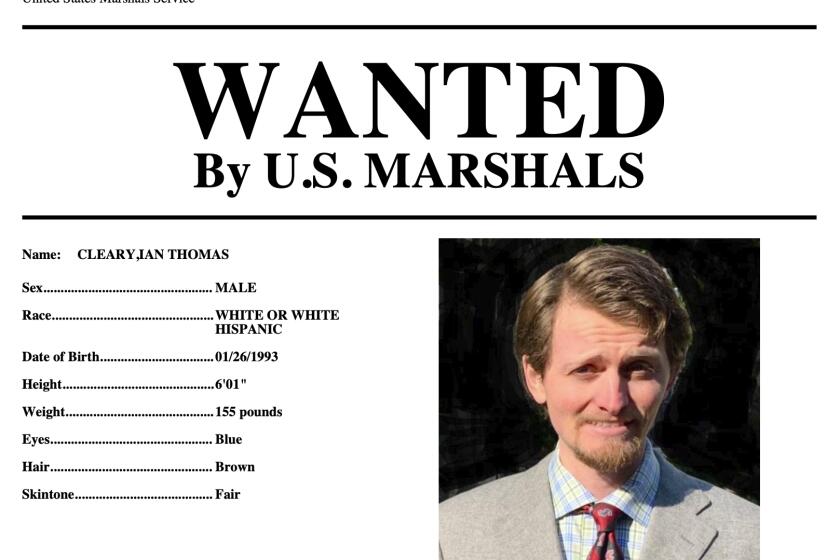EUROPE : Dubious EU Seeking to Strengthen Ties That Bind
Against a backdrop of public confusion and doubt, leaders from 15 of Europe’s richest nations are gathering here to launch a long-awaited review of the 1991 treaty that commits them to the lofty goals of economic and political unity.
Officially known as the Intergovernmental Conference, or IGC, the review amounts to a de facto constitutional convention on the ties that bind the European Union’s member states. It is expected to last at least a year.
The conference’s sweeping mandate offers the potential of transforming the way Europe deals both with itself and with the outside world. Among the issues to be debated are major internal reforms to speed decision-making, deepening cooperation in areas such as law enforcement and judicial affairs and developing a common foreign and security policy to give Europe a single, powerful voice in global affairs.
For dreamers of a truly united Europe, the IGC has long been viewed as the chance to take a quantum leap forward, not just to strengthen the provisions of the 1991 Maastricht Treaty but to move boldly toward deeper unity.
However, a series of factors has combined to sharply diminish such hopes. High unemployment has sapped public confidence, powerful “pro-European” leaders such as the late French President Francois Mitterrand and former Spanish Prime Minister Felipe Gonzalez are gone and the enthusiasm for European unity has slackened. On the eve of the conference, a mixture of questionable political will and internal divisions among the 15 has deflated expectations.
“There is disappointment,” summed up John Edward, an executive at the Belmont European Policy Center in Brussels.
Whatever the outcome, the results of the IGC will affect the United States.
“The IGC is laden with very important implications for our own security interests,” declared the U.S. ambassador to the EU, Stuart E. Eizenstat.
Even issues that appear purely internal touch American interests.
Plans to overhaul the EU’s cumbersome decision-making machinery is just one example. The need for unanimity on key decisions was feasible when the union consisted of only six members, as it did in the 1950s, but with 15 diverse nations, it has become a recipe for paralysis.
As the union prepares to open the door to the former Communist countries of Central Europe--which were once hostile to the United States--and contemplates a membership of 25 or more nations, failure to streamline voting procedures would bring the union to a complete halt.
But no single issue under discussion at the IGC hits American interests more directly than the union’s attempt to forge a single European foreign policy tied to a single set of security goals. An efficient, well-focused Europe armed with the collective political and military muscle of its nations would be an ideal partner for the United States.
Although Europe’s visionaries had initially hoped for just such a commitment out of the conference, which begins today, the end result is likely to be only a small step in that direction. As in many other instances, the reluctance of larger nations (in this case, Britain and France) to cede such power to a single European authority has been the main stumbling block.
After months of pre-conference positioning, member states seem ready to accept the creation of a central agency to generate EU foreign policy options. Some worry that much more is needed if the EU’s credibility is to be preserved.
“Our only hope is that there will be a qualitative jump forward,” said Hans van den Broek, a member of the EU’s Executive Commission, which is responsible for foreign affairs. “If we fail to achieve that, it will begin a weakening of the European Union’s role on the international scene.”
More to Read
Start your day right
Sign up for Essential California for news, features and recommendations from the L.A. Times and beyond in your inbox six days a week.
You may occasionally receive promotional content from the Los Angeles Times.






